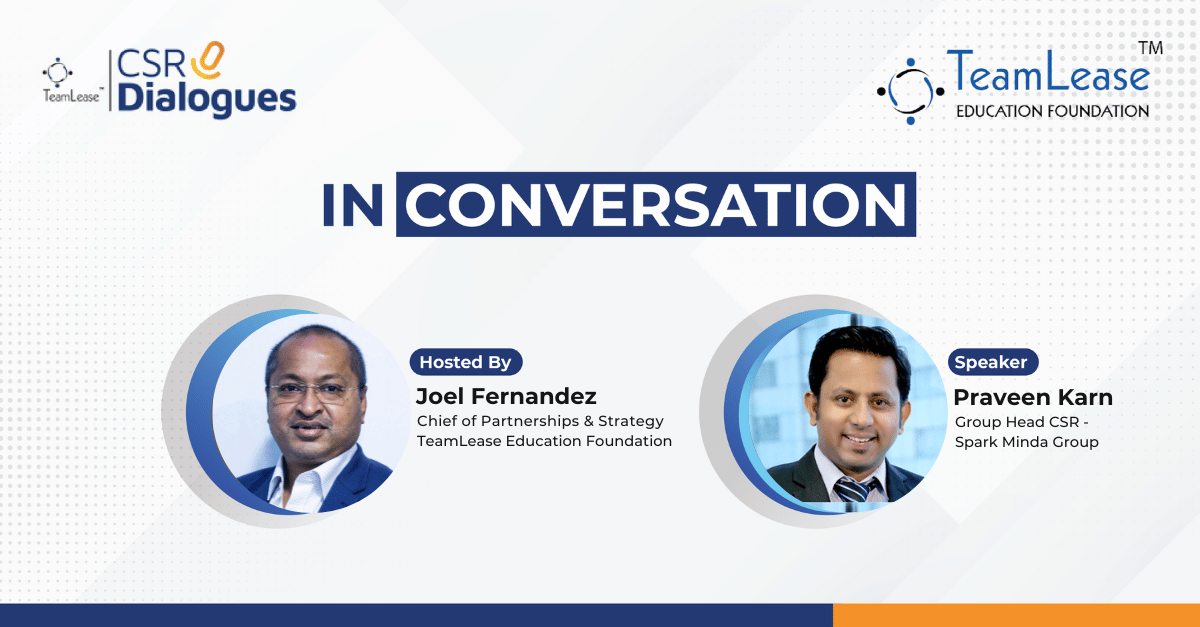
How space technology can help impact assessment in the CSR domain
Across states like Andhra Pradesh, Kerala and Karnataka, which have begun implementing the Centre’s Pradhan Mantri Awas Yojana Housing for All (Urban) Mission, launched in June 2015, supervisors are using technology developed by ISRO to assess whether the funds disbursed for housing, are actually used for that purpose.
 The Ministry of Housing & Urban Poverty Alleviation ( MoHUPA) has signed
The Ministry of Housing & Urban Poverty Alleviation ( MoHUPA) has signed
an MoU with the National Remote Sensing Centre (NRSC) of ISRO to collaboratively implement a project to geo-tag every single house being constructed under the ‘Beneficiary led Individual House Construction’ component of the Mission. Geotagging is a process of assigning ‘geographical information’ to a digital photograph or video - in the case of this Mission, photos/videos of the actual houses being built are geo-tagged and shared on the Bhuvan-MPAY app.
With such a successful use case demonstrating how tech can be harnessed to assess impact in the CSR space, companies can now simplify and optimise their impact assessment costs.
In this edition of The CSR Dialogues, we invited a special guest. Praveen Karn is a CSR and Sustainability Leader. He’s also received the Mahatma Award 2022, the National CSR Award 2019, and the ICSI National CSR Award 2021. He was ranked among the 25 most influential CSR leaders of India, and is a member of the CII and ASSOCHAM CSR committees. In a free-wheeling conversation with Joel Fernandez, Chief of Partnerships & Strategy, TeamLease Education Foundation, the discussion revolved around how tech is changing the CSR landscape.
For emerging trends in CSR that are likely to shape the future of the ecosystem in India, watch HERE
 As companies across India began declaring their CSR spends (or in the early years, even providing reasons for why the amount mandated by the India Companies Act wasn’t spent), it became clear that there needed to be a clear audit mechanism to track CSR expenditure, as well as to measure the impact of spending that sum.
As companies across India began declaring their CSR spends (or in the early years, even providing reasons for why the amount mandated by the India Companies Act wasn’t spent), it became clear that there needed to be a clear audit mechanism to track CSR expenditure, as well as to measure the impact of spending that sum.
Currently, the government has also mandated the need for independent impact assessment agencies to evaluate the impact of any company’s CSR expenditure. In this scenario, companies need to include impact assessment into their CSR blueprint, right from the start.
It is accepted that CSR goals are long-term - first output is measured; then outcomes and then, possibly over a multi-year time frame, true impact can be assessed. But even within this long view of a project, the government expects agencies to track CSR impact. This not only prevents fraud but also enables companies that discover their programs to be failing, to correct course early on by redesigning their CSR programs.
For how impact assessment has taken on greater significance today, watch the snippet HERE.
 Another topic discussed was whether AI would play a role in the future of India’s CSR landscape. Praveen Karn believed that it would - he envisaged AI being deployed to track complex metrics around a project’s sustainability, as well as social and environmental impact - all three factors critical for companies adopting ESG guidelines.
Another topic discussed was whether AI would play a role in the future of India’s CSR landscape. Praveen Karn believed that it would - he envisaged AI being deployed to track complex metrics around a project’s sustainability, as well as social and environmental impact - all three factors critical for companies adopting ESG guidelines.
Joel Fernandez also suggested that the vast data collected by TeamLease through their skills development programs across 21 states, would require AI or other such advanced tech to throw up key learnings - regarding which programs work best across a particular demographic; which skills program needed tweaking, and so on.
Another factor that Praveen Karn believed would bring about societal change was employee volunteering. He felt that apart from a company setting aside 2% of its profits for CSR and its projects being overseen by CSR departments, opening up the space to employees to volunteer, would have very positive outcomes. Employees would learn first-hand the challenges faced by those at the environmental frontlines or those bearing the brunt of generational poverty. Volunteering could have a transformational effect on employees, build pride in their company for engineering change and eventually even lower attrition levels within organisations.
For more on the role played by employee volunteering across companies, view the snippet HERE.
The conversation wound up on how, with ESG norms now becoming mainstream, the current trends in transparency and accountability in CSR will only continue for a couple of reasons. Not only does the Indian government mandate independent impact assessment, but private investors too are gravitating towards firms with transparent ESG accounting systems - giving organisations that have employed tech to keep their CSR or ESG track records open, a major competitive advantage.
For more on whether trends towards transparency and accountability growing stronger in the future, video THIS snippet.
For more videos snippets from Praveen Karn, watch the playlist here.





